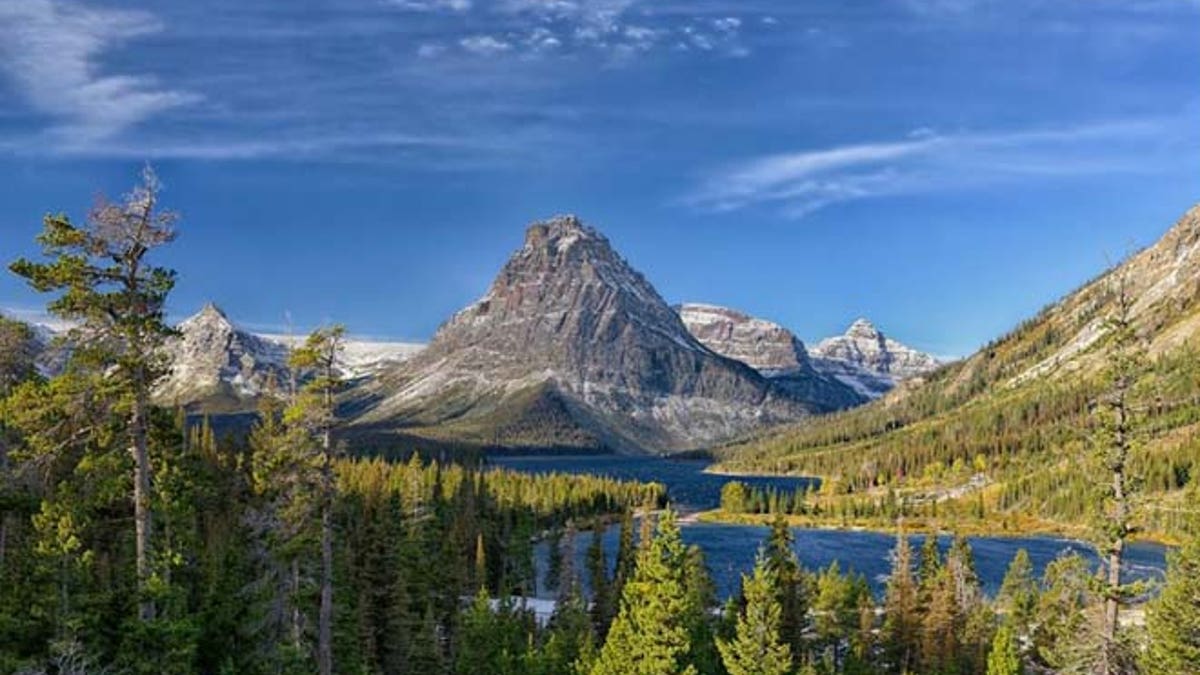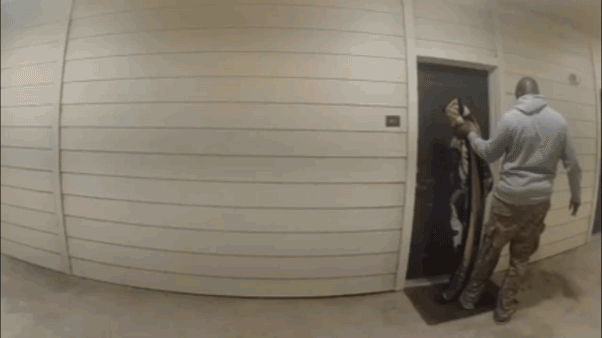
Badger-Two Medicine (Montana Public Radio)
To the Blackfeet tribe, the Badger-Two Medicine is sacred land -- 115,000 acres of mountains, ridges, river valleys and wetlands along Montana’s Rocky Mountain Front that was home to its members for more than 10,000 years.
It is also the center of a decades-long legal fight between an energy company and the U.S. government over access to drill for oil and gas.
Solenex LLC, a Louisiana-based energy company, is asking a federal judge to reverse the cancellation of a 33-year-old oil and gas lease on 6,200 acres of the Badger-Two Medicine -- part of the Lewis and Clark National Forest -- that it had acquired in 1982.
After years of legal hurdles, U.S. Interior Department officials cancelled the lease in March, arguing it was improperly issued in part because environmental studies did not consider the effects of drilling on the tribe.
Lawyers for Solenex, however, claim the terrain in dispute is not "pristine" wilderness, and note the land is no longer part of the Blackfeet Tribe’s reservation. It was ceded to the U.S. government in 1896.
On Monday, the company filed court papers seeking a judgment in the case that's before U.S. District Judge Richard Leon in Washington, D.C. Government attorneys must respond to the company's request to restore the lease within two weeks.
The fight over exploratory drilling in the area -- which sits just outside Glacier National Park and the Blackfeet Indian Reservation -- is a complex one.
While the land no longer belongs to the Blackfeet, tribal leaders argue that such "illegally granted oil and gas leases" threaten the Blackfeet's history and sacred and cultural values. And some members say the tribe should never have lost the land in the treaty that turned it into what is now a section of the Lewis and Clark National Forest. Eighteen other tribes, including the Sioux, Crow and Northern Cheyenne, have asked the government to cancel leases in the Badger-Two Medicine.
Several conservationist groups have joined the tribes in their opposition, claiming the drilling would be destructive to wildlife and the environment.
Steve Lechner, an attorney representing Solenex, told FoxNews.com Thursday, "We’re talking about one well. We’re talking about an area that is not pristine. The well site is three miles from the Great Northern Railroad, U.S. Highway 2 and private land. It’s not in wilderness."
"All these arguments about conservation have only recently come up in an effort to block the well," he claimed. "When the lease was issued in 1982, there were no protests or appeals – nobody cared. Thirty years later, it’s allegedly the most pristine part of the country, which is simply not true."
Lechner -- who described the Badger-Two Medicine as a "prime prospect" for natural gas -- also took issue with the word "sacred" when calling the land off-limits.
"It’s not on the reservation. The Blackfeet gave the land back to the United States in 1896. Even if it was 'sacred,' you cannot deny someone the ability to exercise their property rights in the name of religion because that violates the First Amendment," he said.
A spokesman for the U.S. Department of Interior was not immediately available Thursday. In 2006, Congress acknowledged the cultural and ecological significance of the Badger-Two Medicine and banned any further oil and gas leasing.
"That is a very big statement," former Interior Secretary Bruce Babbitt, who served under the Clinton administration, told Montana Public Radio last year.
"That is a national policy statement about the primary cultural and environmental importance of this area. And obviously taking into account the important opinions of the Blackfeet Tribe," said Babbitt, who suspended the Solenex lease and others in 1993 -- after it was finalized earlier that year following 70 appeals.
"After all this is their historic area. It’s not formally a part of the reservation, but they’ve been there for a long time and they have a lot of use rights," he told the radio station. "It sort of melded into their cultural and spiritual values, and the United States Congress has recognized that."
The Associated Press contributed to this report.









































